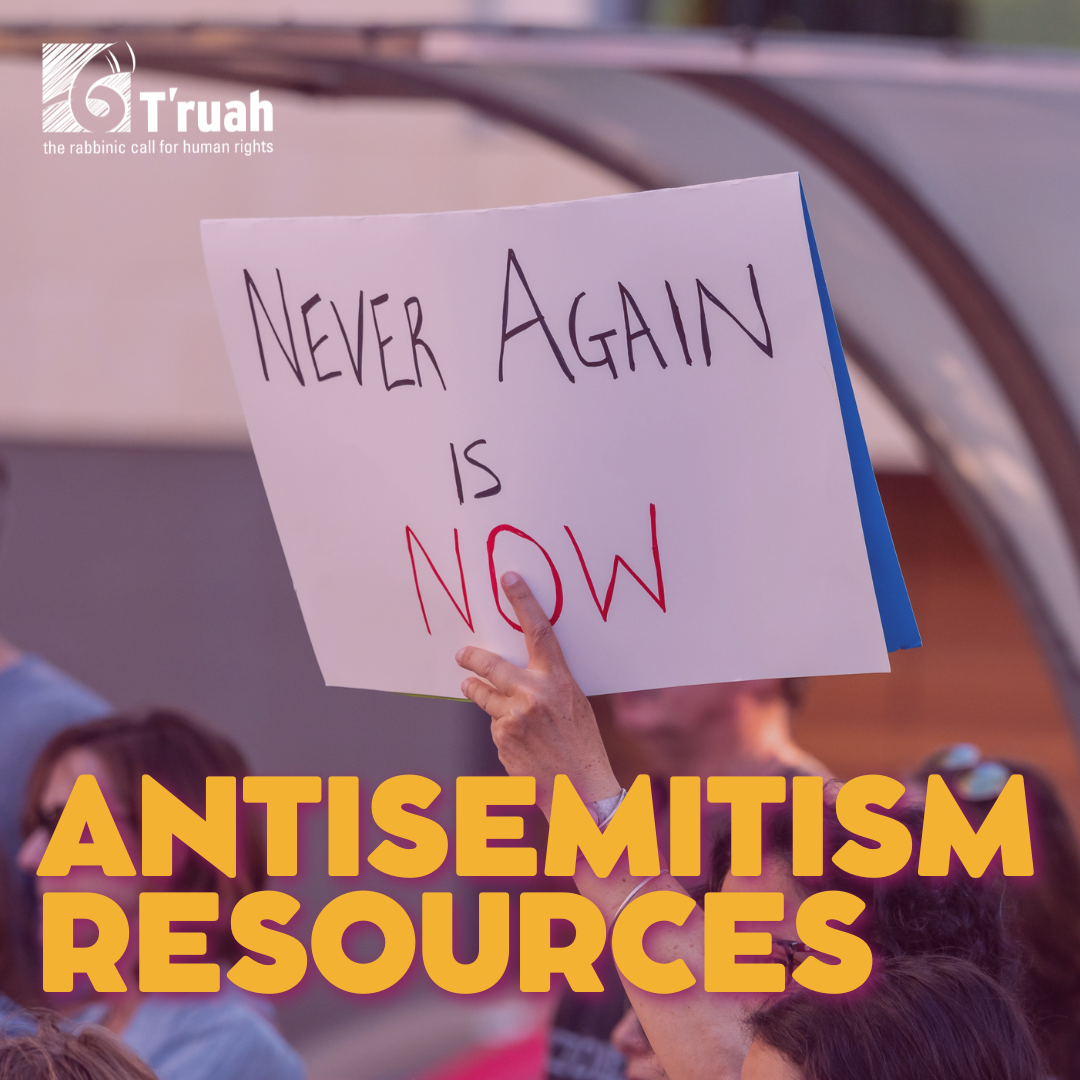Resources
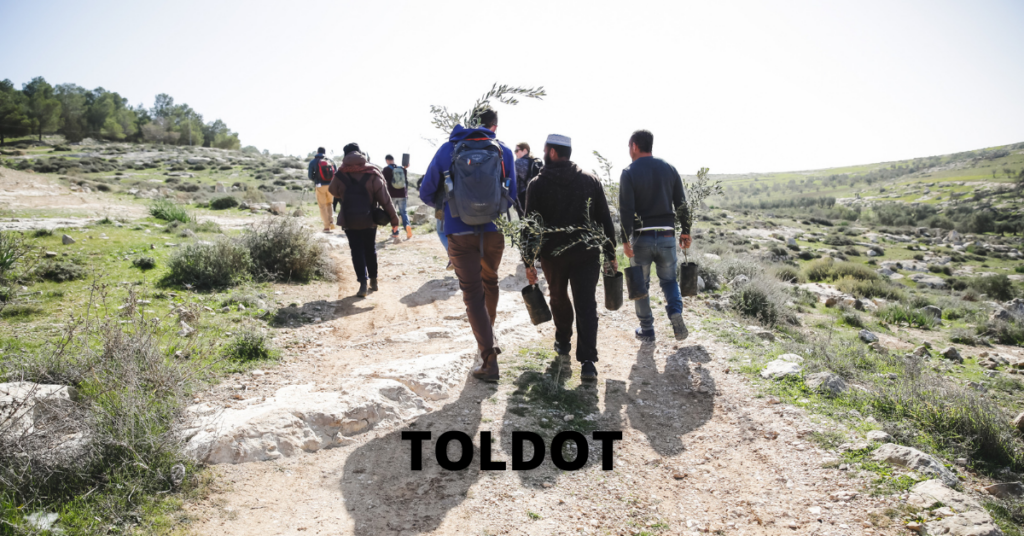
Redigging the wells
In the struggle over democracy, it is not just about big ideas, levers of power, or sums of money: It is about human lives.
more
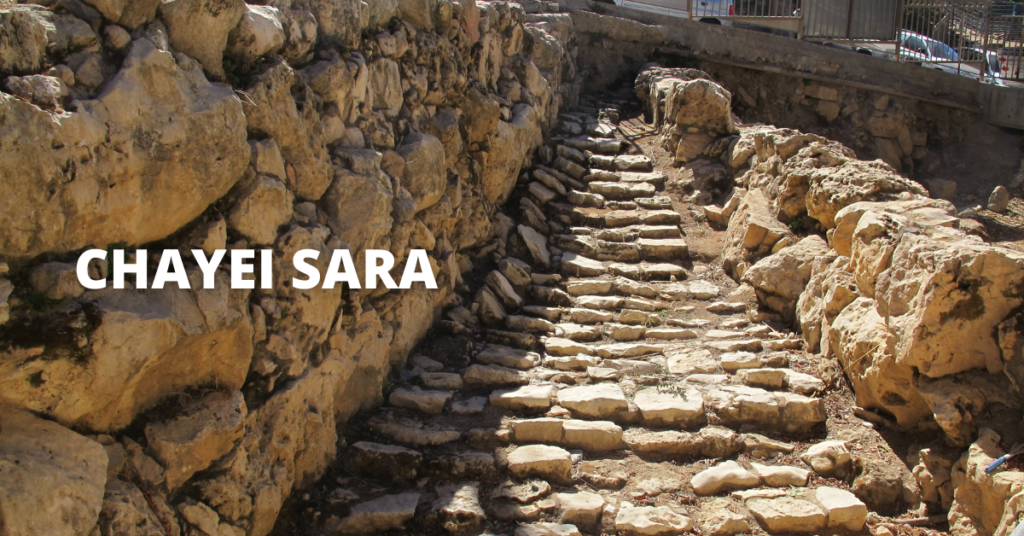
Ancient Wisdom for this Post-Election Era
As I recall standing upon those millennia-old steps holding that aged stone in my hand, I take heart in the ancient truth that functional families, close friendships, and coalitions of decency with other religions and peoples have the capacity to sustain us, that historical perspective is a balm to mind, heart, and soul, and that pragmatic, sure, and visionary leadership is a hedge against societal chaos and an opportunity to seek the fulfillment of our people’s
and nation’s highest aspirations.
more
Taking to the Streets: A Checklist for Action
A working document based upon guides from PG Watkins of The BlackOUT Collective and Frontline Election Defenders Tefillat HaDerech (The Travelers’ Prayer): May it be Your will, our God and God of our ancestors, that You lead us in peace and direct our steps in peace, and guide us in peace, and support us in...
more
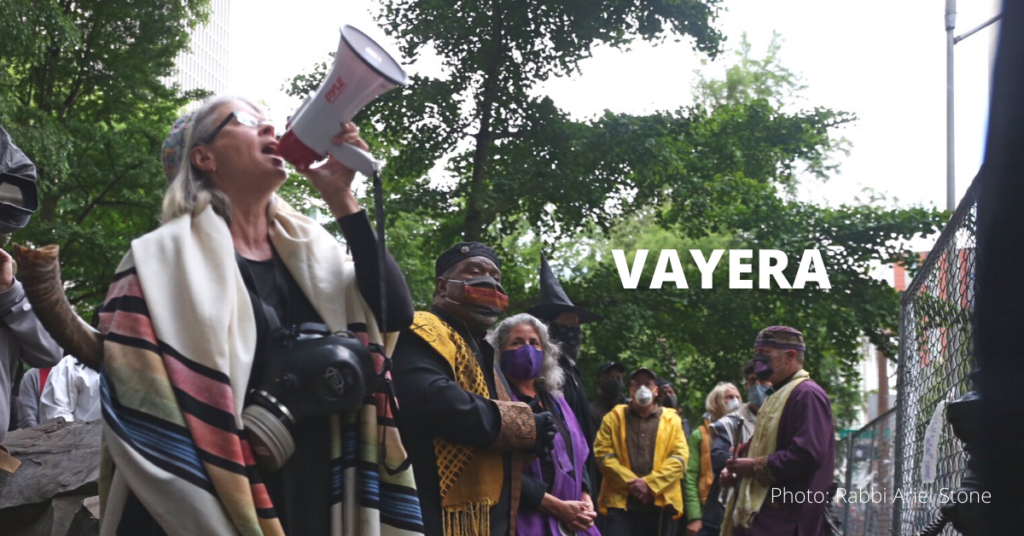
Drawing Near to Injustice
There are moments when we want to close our eyes, to stop listening, and to take a break from what ails the world.
more
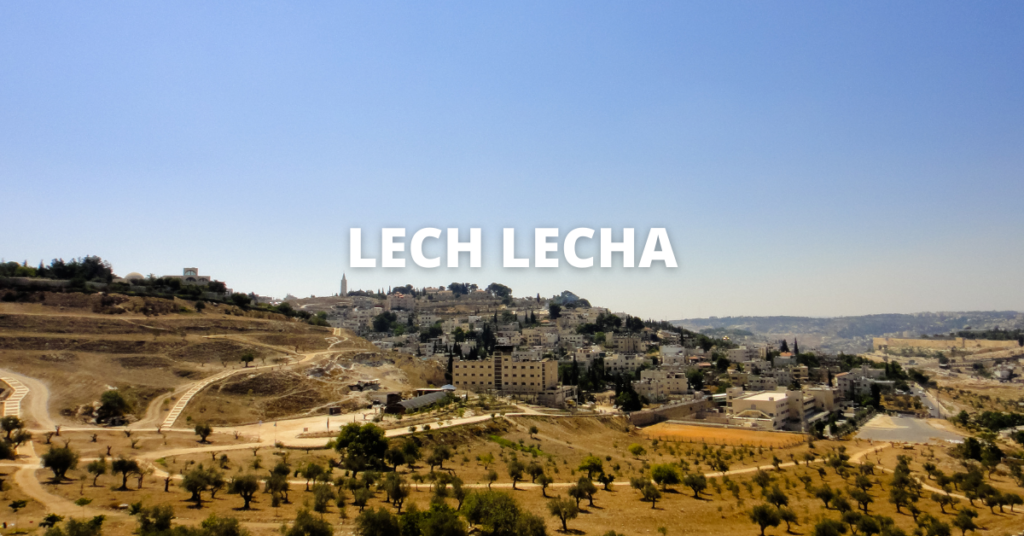
Land, People, God: What Really Defines the Jews?
In our own time and place, we are wise to recognize the danger of allowing any single land to confer sanctity on any single people. Abram’s comings, going, and sojournings remind us that it is the covenantal blessing of our community that holds us together, regardless of where we came from or how we got there.
more

Be the Window
The window – where the dove returns with an olive branch – is about hope and connection. The window is an escape from the crushing waves of the endless news cycle of fear and violence. The window is a possibility of change – of redemption.
more
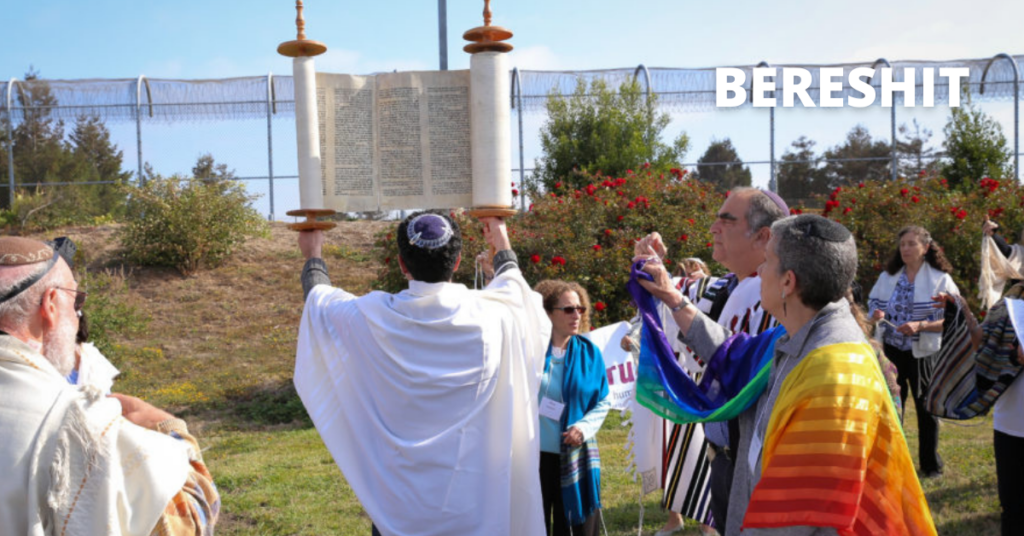
Here All Along
Excerpt from Here All Along: Finding Meaning, Spirituality, and a Deeper Connection to Life – in Judaism (After Finally Choosing to Look There)
more
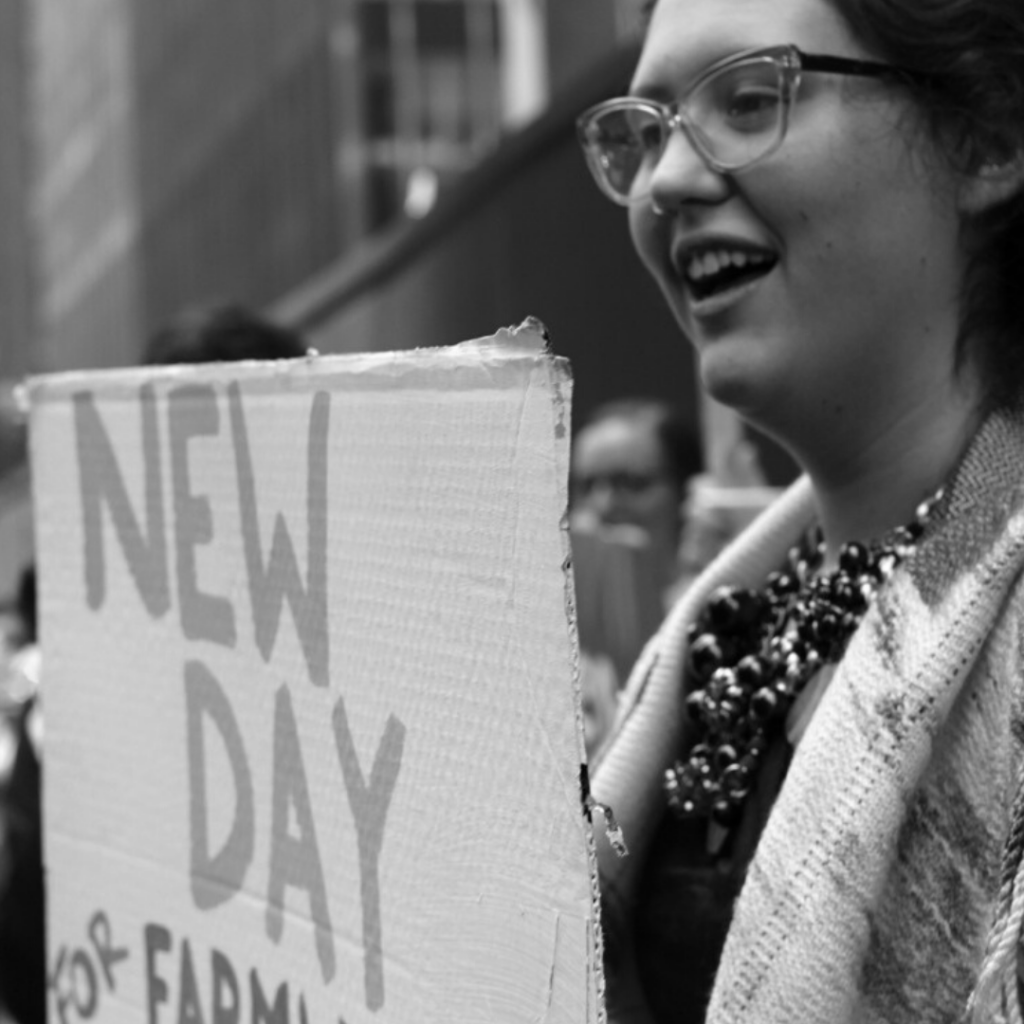
Democracy and Elections
Text studies, divrei Torah, placards, and more resources for elections.
more
Jewish Texts On Fair Voting And Just Elections
"In the form we know them today, popular elections – where all adult citizens vote for their leaders – are the product of western democracies."
more
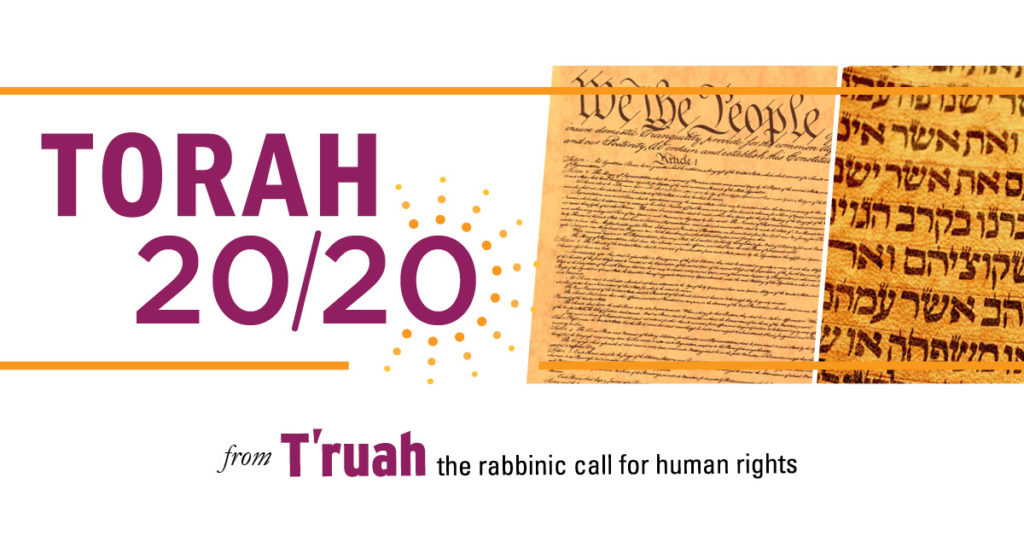
Looking backward, looking forward: A year of Torah 20/20
A d’var Torah for Simchat Torah. Rabbi Avi Katz Orlow is the Vice President at the Foundation for Jewish Camp. He has a deep love of irreverent, relevant, and revealing Torah and blogs religiously at saidtomyself.com. Rabbi Lev Meirowitz Nelson is Director of Rabbinic Training at T’ruah and the editor of Torah 20/20. Rabbi...
more



